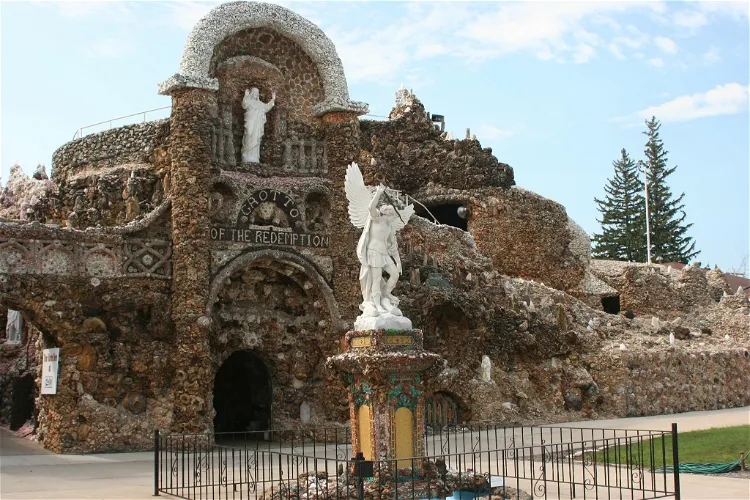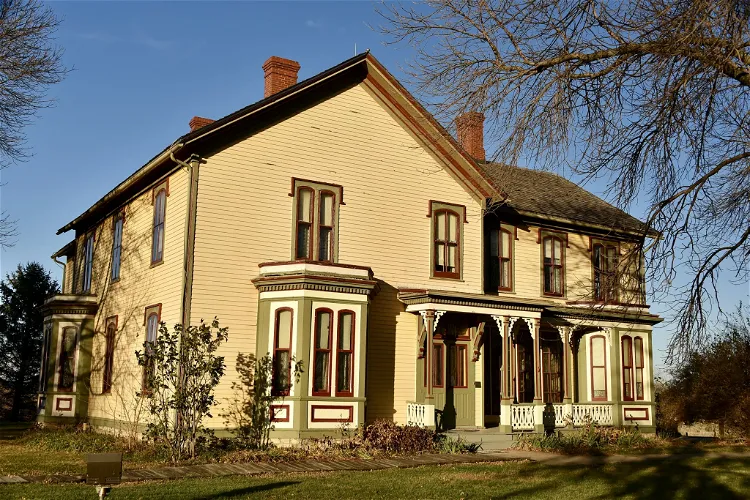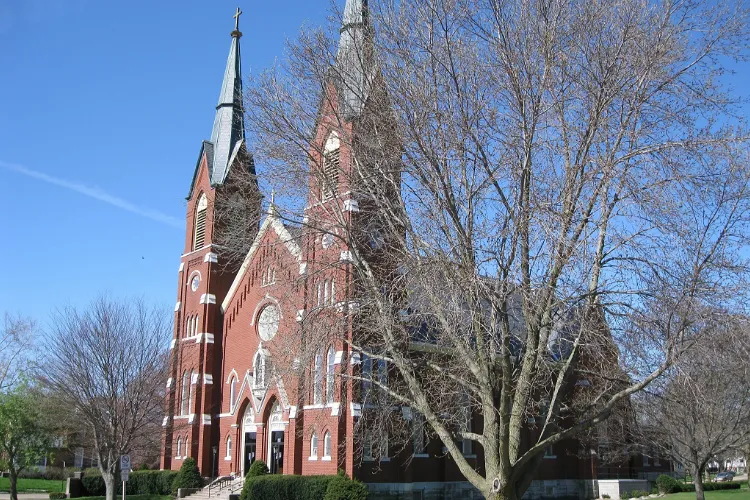Are you fascinated by religious architecture and history? Here are the must-see religious buildings in Iowa:

Shrine of the Grotto of the Redemption
West Bend, IAThe Shrine of the Grotto of the Redemption is a religious site located in West Bend, Iowa. It is part of the Roman Catholic Diocese of Sioux City. This shrine is a significant place of worship and pilgrimage for many people, offering a unique blend of spiritual and natural beauty.
Liberty Hall Historic Center - Joseph Smith III Home
Lamoni, IALiberty Hall, located in Lamoni, Iowa, is a historic building with a rich history. Constructed in 1881, it was the residence of Joseph Smith III, who served as the president and prophet of the Reorganized Church of Jesus Christ of Latter Day Saints when its headquarters were in Lamoni. This significant past makes it a place of interest for those keen on understanding the history of the church and its key figures.
The Catholic Historical Center At St. Boniface
Clinton, IASt. Boniface Church, originally founded in the town of Lyons, which is now the north side of Clinton, Iowa, has been transformed into a museum. Known as The Catholic Historical Center at St. Boniface, the museum offers a deep dive into the history of the local Catholic community in the Clinton area.- 4
Garnavillo Historical Society
Garnavillo, IAThe First Congregational Church, also known as the Garnavillo Historical Museum, is a significant historic building located on Washington Street in Garnavillo, Iowa. This site offers visitors a glimpse into the rich history of the area, with its roots dating back to the mid-19th century. The building's architecture and its past as a church, community hall, public library, and school, all contribute to its historical significance.